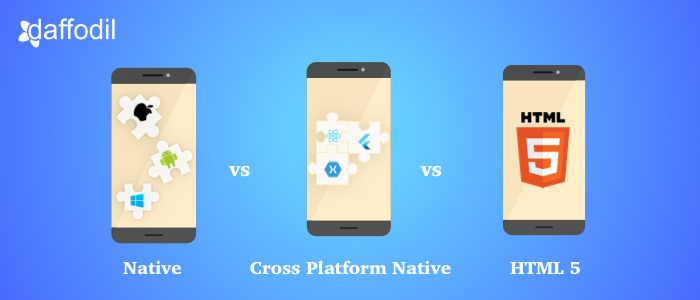There are currently over 2.7 billion smartphone users globally, and 90% of mobile time is spent on apps. Amongst the 4+ million apps that are already uploaded on the app store and play store, there are only a few that receive exceptional downloads, have a great user retention and engagement rate.
Accessibility Design: 4 Principles to Design Mobile Apps for the Visually Impaired
By Archna Oberoi on Jan 15, 2020 6:28:46 PM
We usually come across websites and apps that have a poor usability quotient. This is acknowledged through gaps in the UI/UX, such as font size, improper navigation, lightening or color contrast issues, incompatibility with a certain user agent, etc.
Agile Project Management: How to Write Epic User Stories?
By Archna Oberoi on Jan 1, 2020 8:52:28 AM
Planning is an indispensable part of any project management. When following the Agile methodology to manage a project, there are a number of approaches that can help a team to plan the development cycle and ‘User Stories’ are one of them.
MVP vs Prototype Vs PoC: What’s the Best Approach to Measure Product/Market Fit?
By Archna Oberoi on Dec 24, 2019 5:41:00 PM
“The number one problem that I’ve seen for startups is that they don’t have product/market fit when they think they have.” Alex Schultz, VP Growth| Facebook
Rapid Mobile App Development using Reusable, Component-Based Architecture
By Archna Oberoi on May 29, 2019 6:11:03 PM
By 2021, the market demand for app development will grow at least 5 times faster than IT capacity to deliver it, predicts Gartner. In the first quarter of 2019, app stores host around 3+ million mobile apps. This number continues to rise and consequently, programming communities look out for new modes to cope up with the mushrooming requirement to build mobile apps.
What is Low Code Development?
By Archna Oberoi on Mar 27, 2019 5:39:51 PM
By 2021, the market demand for app development will grow at least 5 times faster than IT capacity to delivery it, predicts Gartner.
Amid cut-throat competition and skill-set crunch, it is difficult for traditional development approaches to keep up with the fast pace of business requirements. This is where low code development approach has become the pole star of the night sky.
Why Connecting with Your Guests via Chatbots is a Good Idea?
By Nora Winkens on Feb 20, 2019 2:17:22 PM
Hospitality industry relies heavily on the front line service delivery staff. And that’s why it is more prone to human errors. A small mistake in placing a zero in the customer’s bill, miscommunication in noting down the customer preferences, etc. can lead to loss of money as well as customer satisfaction.
Cloud-Native Applications: Why it is the Next Big Thing in Software Development?
By Archna Oberoi on Feb 5, 2019 7:19:00 PM
The cloud-native approach to software development has brought a paradigm shift to how applications scale and self-manage themselves, as the demand surge.
Native vs Cross-Platform Native vs HTML5 App Development: Fundamental Differences
By Monisha Singh Gurwani on Dec 26, 2018 6:40:49 PM
By the end of 2018 Q3, 25 billion have been downloaded from app stores. Considering the popularity and use cases, a mobile app has become an imperative part of a business’s tech-strategy.
Benefits of Low Code Development with Reusable Components
By Monisha Singh Gurwani on Dec 5, 2018 6:43:50 PM
Back in 2014, Gartner coined the term “low-code” to recognize platforms that enable users to build custom mobile applications simply by dragging and dropping pre-built features. These tools or platforms does what traditional development approaches (programming languages, libraries, frameworks) do for building an application, but in a fraction of time than the latter.









